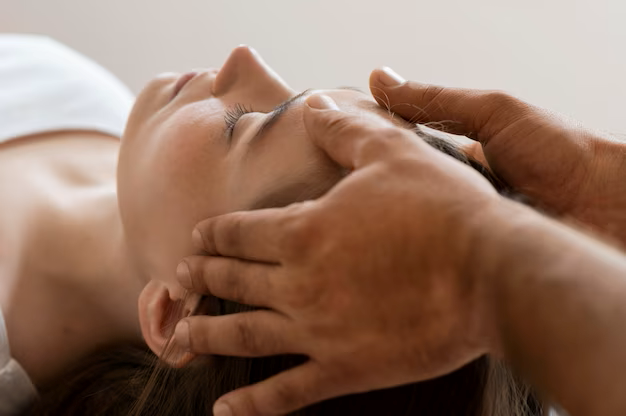Customer Care (10am-6pm Mon-Fri)
-+9172080 88720
Customer Care
(10am-6pm Mon-Fri)
+91-72080 88720

In the world of possessions and materialistic gains, people from all walks of life are exposed to dealing with various kinds of breakdowns like anxiety, stress, or diseases like cancer. Dealing with it has mostly been carried out with traditional medicines to cure the person. However, this conventional way of getting cured is not always helpful.

Due to this fact, people are nowadays looking for further ways to approach the problem and get it cured. It has been noticed that alternative therapies are complementing the traditional approach, through which the essence of both techniques supports the well-being of a person.
Throughout this article, we will be discussing the blend of approaches depicting the advancement of medical sciences and the importance and kinds of alternative therapies.
Alternative therapies are often known as complementary or integrative therapies. This approach is different from what people call traditional medicine. This is because the approach of alternative therapies is to eliminate the root cause of problems rather than focus on correcting a specific symptom.
Alternative therapies are laid on a foundation where the major emphasis is put on the well-being of a person at a level where physical, mental, emotional, and sometimes spiritual elements meet and create a harmonic balance.
What sets this approach apart from others is that it heals the person by drawing on the inner energy one possesses rather than focusing on the external elements.
What are the features of Alternative Therapies?* Following are the plethora of benefits of Alternative Therapies that set them apart from other conventional modes:
Alternative therapies are known for their stupendous ability to build a bridge between the mind and body. Revolving around this concept, various therapies came into existence that focused on this mind-body connection. With this article, let's explore and learn more about such therapies that cater to holistic well-being:

1. Acupuncture: Born out of the soil of Chinese philosophy, Acupuncture is the technique through which thin needles are inserted through the skin of a person, pinpointing particular nerves that are considered to stimulate the body's natural painkillers. It leads to stress management and provides relief for muscular or nerve pain.
* It can help a person with certain conditions:
* Here are the conditions which can be treated by Reiki, complemented with medicines:
* Following are some kinds of essential oils that you can incorporate into your daily routine:
It is difficult to mention the diverse range of therapies ever invented in the history of the world. But here are a few more Therapies that are widely practiced by millions of people globally:

As we conclude this journey, this only signifies the end of the beginning. Encompassing activities such as yoga, meditation, herb dietary practices, or acupuncture, it contributes to the holistic growth and welfare of individuals. Remember, alternative therapies are not here to replace traditional and other conventional modes. They are a supplement to the world of medical science, not a substitute.
That makes it very judicious for one to embrace these activities for overall well-being. But it's also recommended not to solely depend on it for the improvement of your health. Consult a doctor before practicing any kind of new therapy. Let's continue the journey by exploring a path of well-being and cultivating a life of health care.
Leave a comment